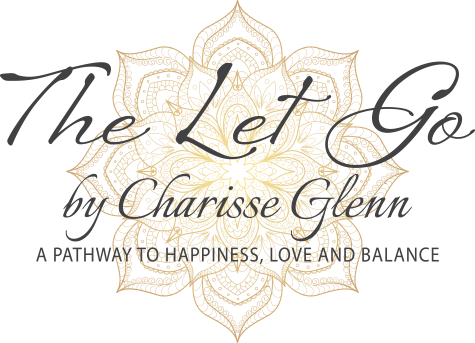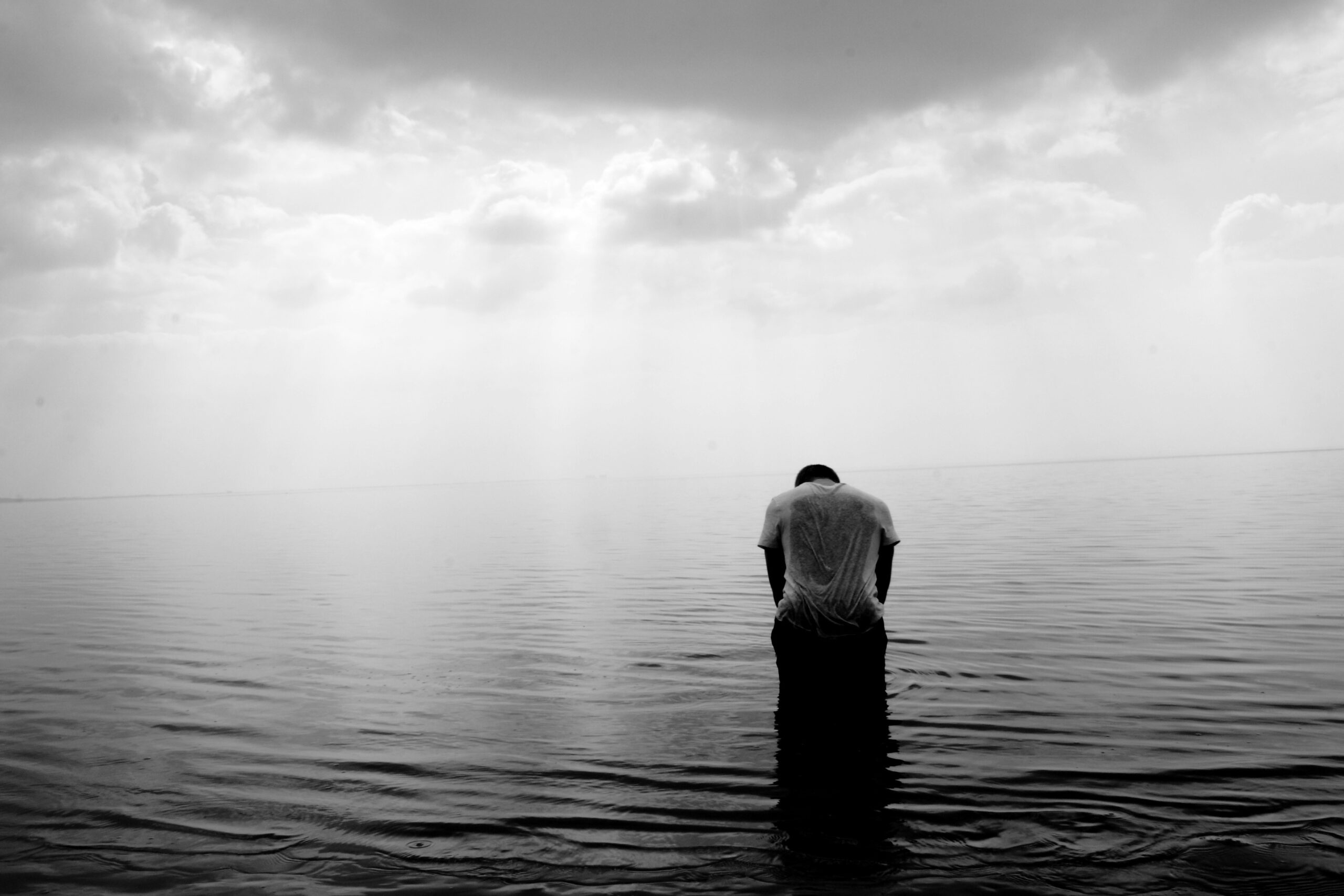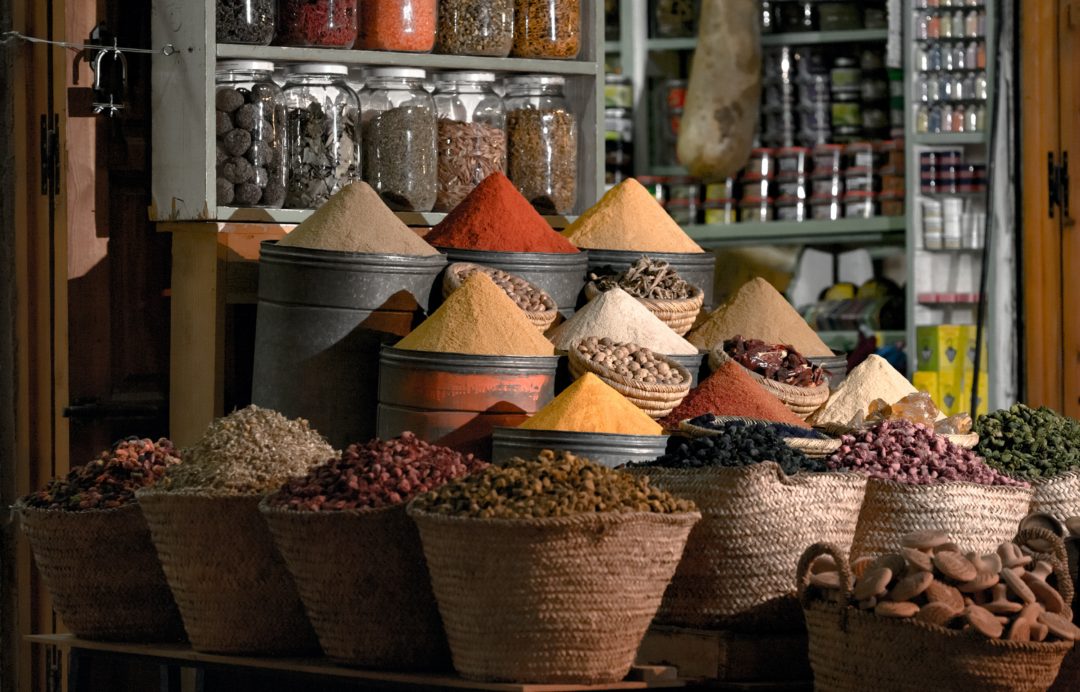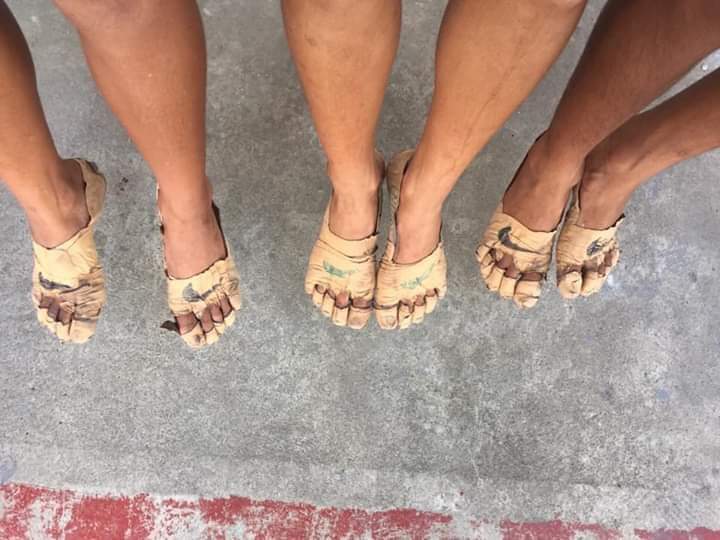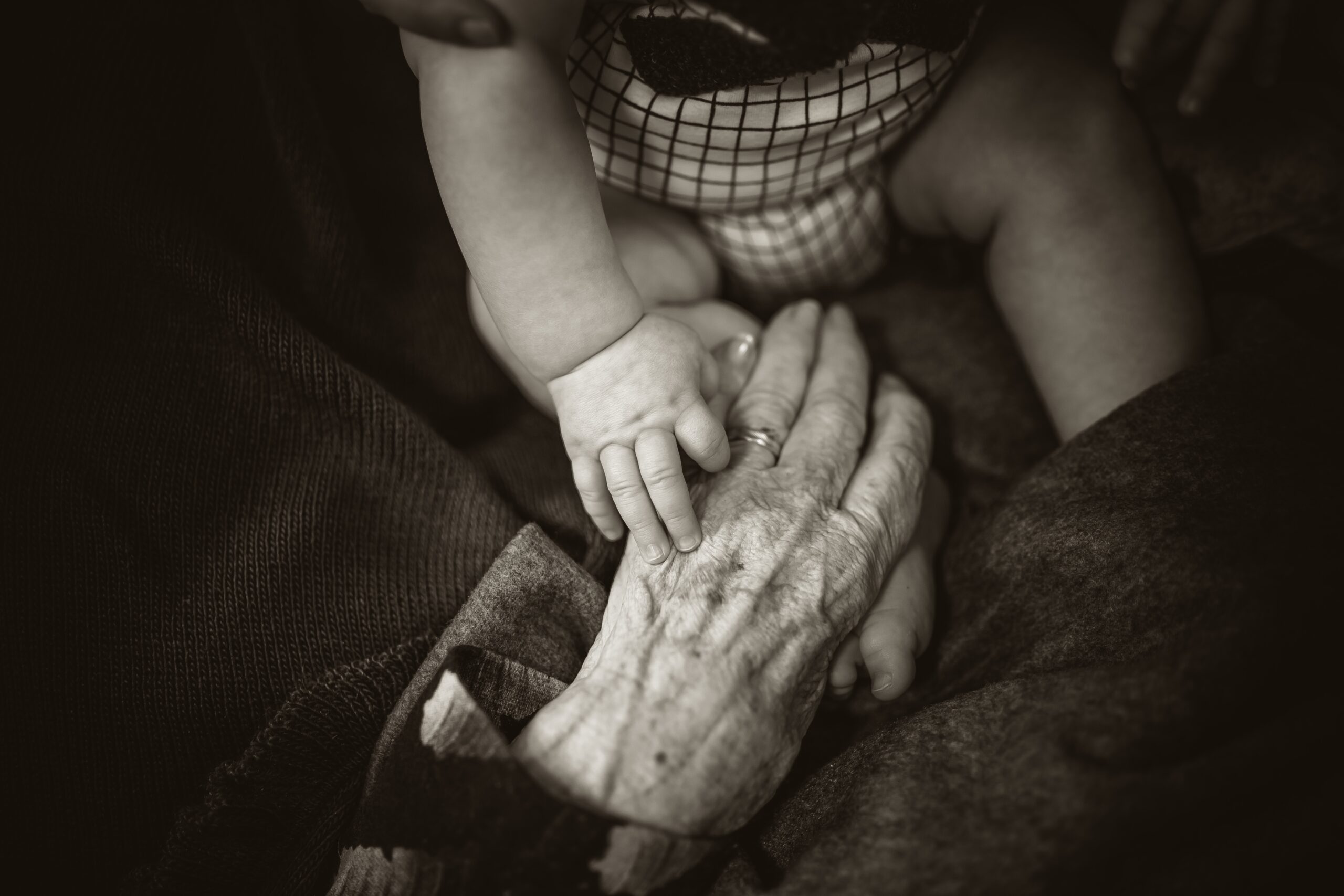Don’t worry about not fitting in. The things that make people think you’re weird are what makes you you, and therefore your greatest strength.
~Birgitte Hjort Sorensen
Life provides the lessons we need to learn, yet there are no instruction manuals. We may be guided through them with innate self-awareness; however, it is usually trial and error. Sometimes, we must learn by doing what doesn’t ultimately work before finding our stride to becoming our best selves.
Horses are one of my teachers. Through observation, it is clear how their mannerisms often reflect ours.
When a new horse enters the herd, it is first challenged by the dominant horses. Slowly, that horse learns to adjust its behavior to fit in. In the wild, horses need each other; a solitary horse has less chance of survival, so they adapt, knowing it is in their best interest to be a part of a herd, which provides security. Only after time and behavioral adjustments do horses transition from fitting in to belonging to the herd.
Are humans so different? Yes and no.
Having moved around every few years while in elementary school, my brother and I were faced with fitting in. Often, we started a new school mid-semester, which complicated the task. I assimilated better than my brother, so I generally made friends quickly. However, knowing this was a short-term experience, we did not invest much hope in developing long-term relationships.
When we reached junior high in a new town, we were fortunate to plant roots until we graduated high school. This was the first time in our short lives we had the experience of developing friends for longer than a year or so.
As children, we learn to mold ourselves when we want to fit into a situation. We may follow the lead of those we deem to be the coolest or wield the most clout, adjusting and observing the nuances that may differ from our past experiences. Fitting in requires one to conform to the group’s norms and expectations. Not all change is wrong, yet when it demands we abandon core traits of our authentic self, hide who we are, or abandon our moral compass, these changes are unhealthy.
We file away these childhood tactics, and as adults, many continue to use them to camouflage who we are at work or social gatherings.
The urge to fit in is noticeable everywhere. People clamor for the latest electronic or fashion statement in their subconscious desire to be a part of something bigger. We do it with things, and we do it with ideas.
Yet the profound dissatisfaction inside alerts us that we never really fit in, hiding who is below the surface. Herein lies the difference between fitting in and belonging.
Fitting in requires assessing the situation and becoming who we must be to be accepted. Belonging is simply being who we are and being accepted without the need to change.
The ultimate betrayal of self is when we opt to fit in instead of belonging to the group of friends that accept us; some refer to this group as our tribe.
Horses don’t have a giant leap between fitting in and belonging, but our fundamental needs are the same: we require connection and acceptance for who we are, just as horses do. Emotional concerns of inadequacy, loneliness, and resentment may arise when there is no true belonging. The toll can damage self-esteem and drain us, leaving us exhausted and imagining no specific cause exists.
When we function away from our authentic selves, the universe conforms to our desires, even if it is away from the authentic self. The universe has no judgment in our choices. Nonetheless, when we lean into who we are, the people and situations needed for our next level of evolution will cross our paths; this is when the universe conspires to aid us. Learning lessons means recognizing these opportunities that will lift us and support our exploration of self. So, be wild and wacky or the quiet empath you are; your people will find you, perhaps in the most unexpected places. Be true to who you are deep inside.
I definitely understand not entirely fitting in. I think everyone has their own version of feeling out of place and I think one of the great things we have the ability to do is to know it’s all right. It’s OK to have that awkward phase.
~Rumer Willis

